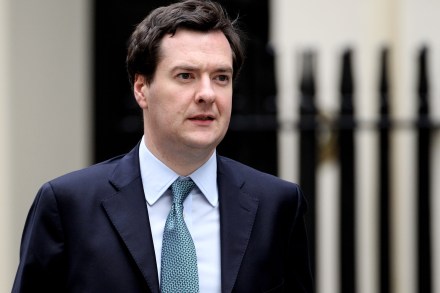Osborne turns his attention to welfare
George Osborne suggested as much in his Today interview last week, but now we know for sure: the government will look to cut the welfare bill even further in October’s spending review, and incapacity benefit will come in for special attention from the axemen. It was, you sense, ever going to be thus. With unprotected departments facing cuts of over 25 percent unless more action is taken elsewhere, the £12bn IB budget was always going to be a tempting target for extra cuts. Particularly as so much of it goes to claimants who could be in work. The questions now are how? and how fast? The first answer seems clear
















